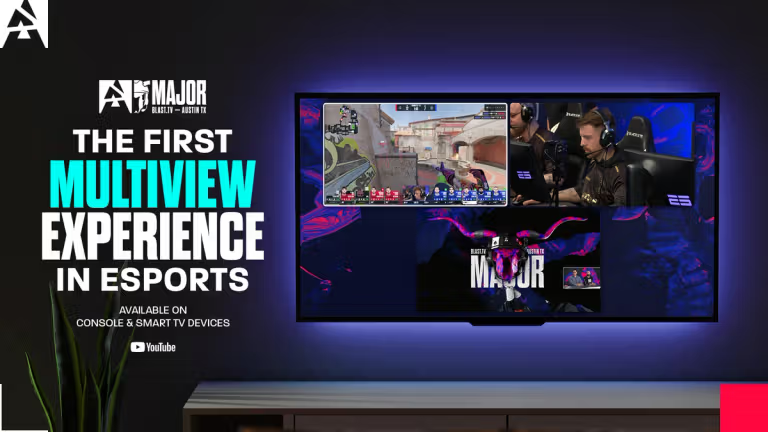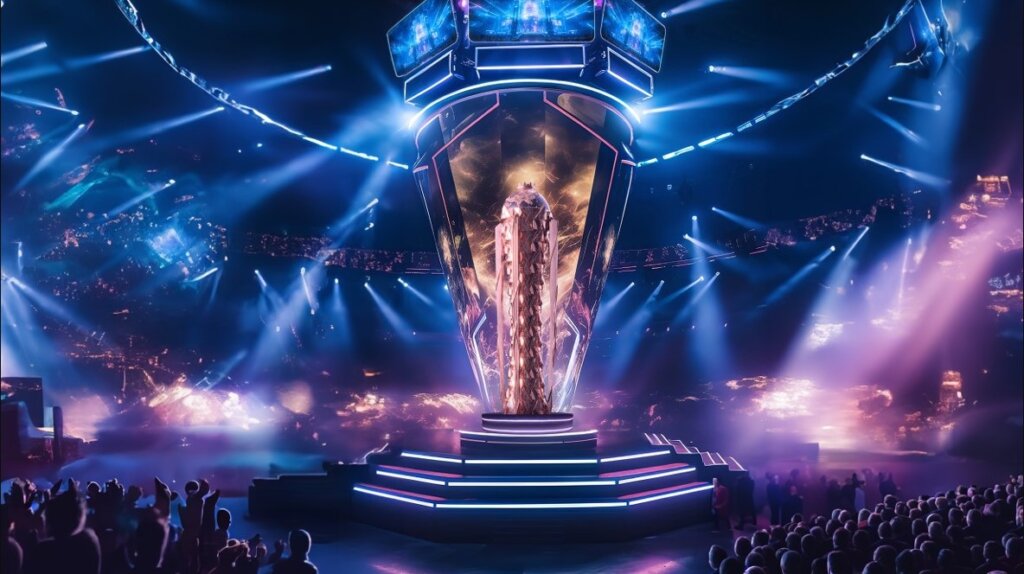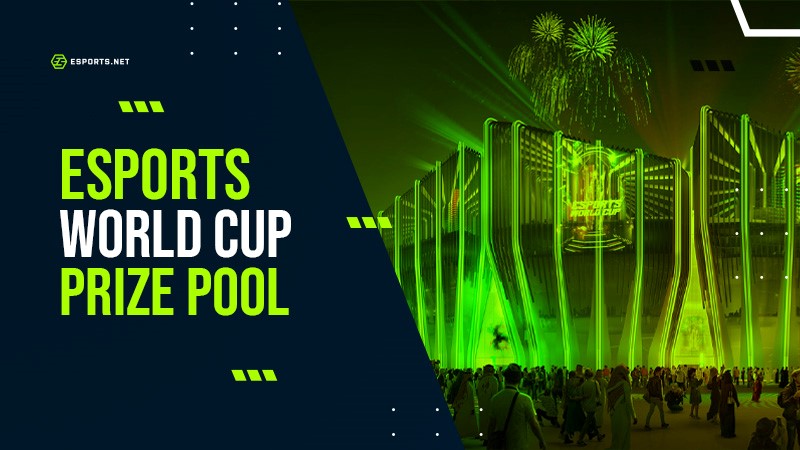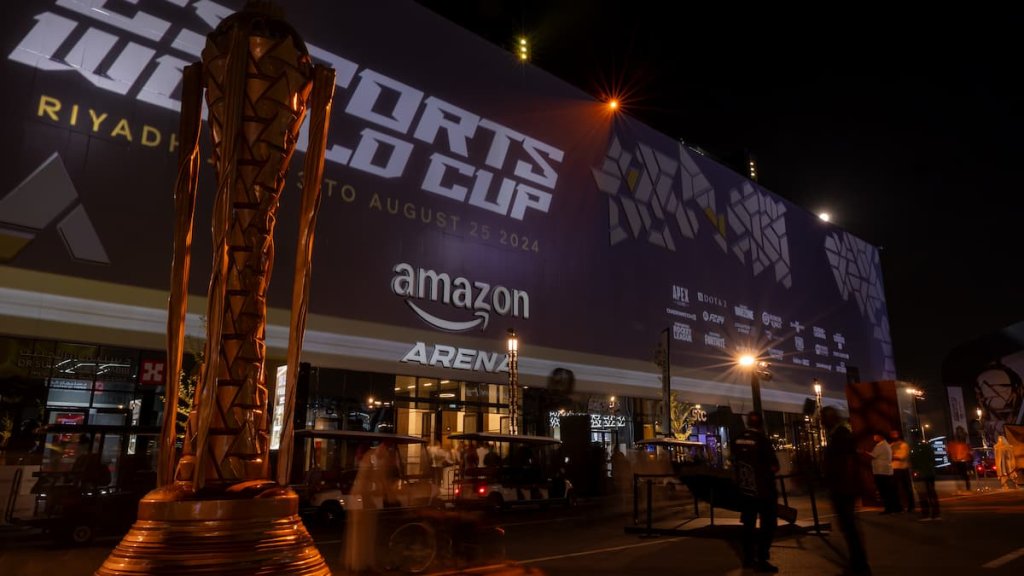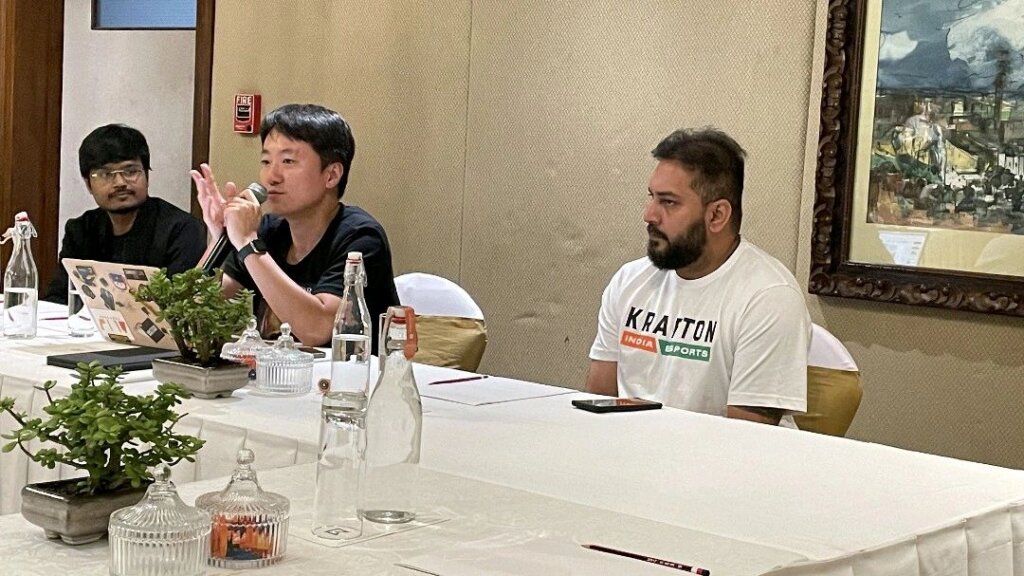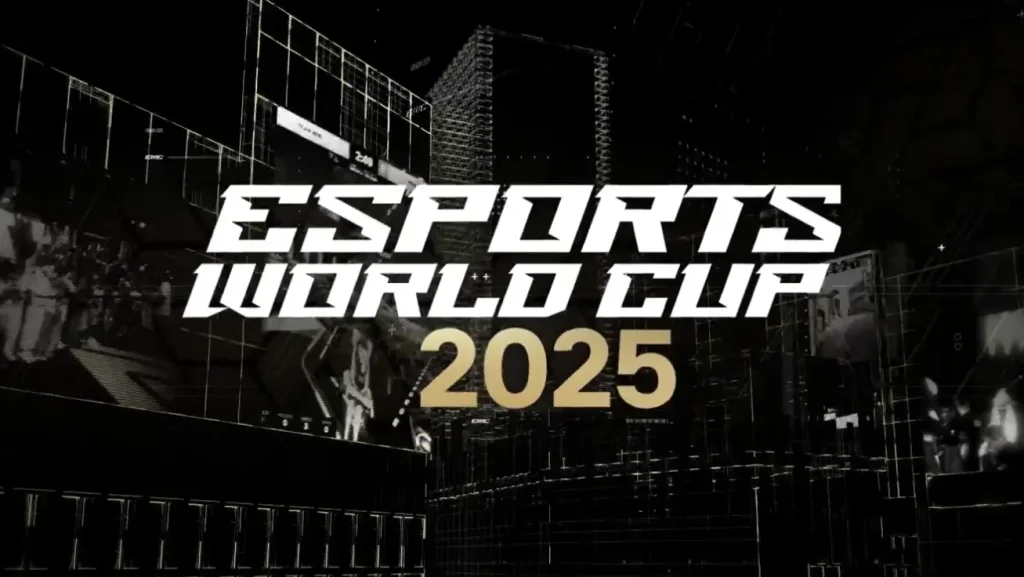
McDonald’s moves into the German esports scene
Competitive gaming and fast food have historically enjoyed a fairly close relationship, and that looks to get a lot closer as McDonald’s recently made the decision to focus their attention on sponsoring esports in Germany. The American fast food giant has decided that it end its partnership with the German Football Association, and instead concentrate its efforts on building a relationship with the famous German esports brand, ESL.
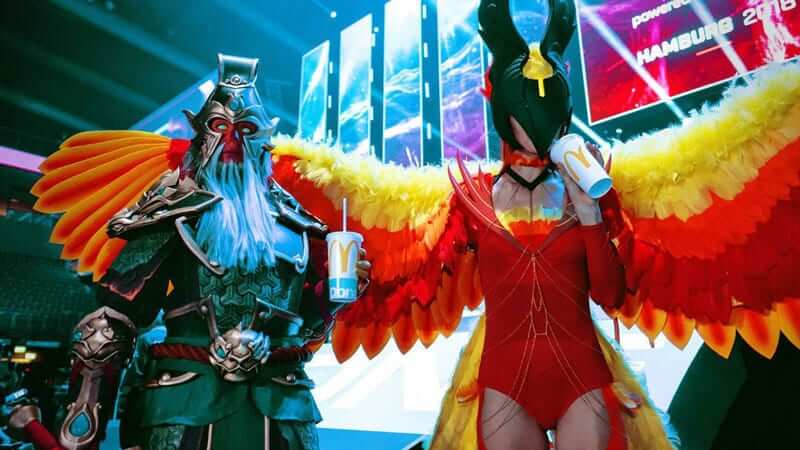
© McDonald’s
This marks a significant shift for McDonald’s, and it’s thought to be a bold move to chase after the younger demographic in Germany who have been responsible for the phenomenal growth of competitive gaming in the nation. By cutting their ties with traditional sports such as football, it seems that the fast food brand’s efforts could help esports gain a much higher profile in the mainstream. But what does this mean for the future of competitive gaming in Germany, and is this a wise move for one of the world’s biggest fast food brands?
Why McDonald’s are sponsoring the ESL esports brand
In the past few years we have seen many brands ranging from Red Bull to Hyundai sponsoring esports teams and tournaments. But when a global corporation like McDonald’s get involved, you know that things are getting serious.
McDonald’s first collaborated with the Cologne-based ESL esports brand in January 2018 when it was announced that the fast food firm would be sponsoring the ESL Meisterschaft gaming tournament. This not only saw the McDonalds brand name emblazoned across the event, but also gave gamers and spectators the chance to order in burgers, fries and all manner of fast food direct to the venue.
Such a move makes perfect sense as gamers are notorious for their consumption of fast food, and McDonald’s will be especially keen to boost brand awareness and customer retention amongst the famously fickle younger demographic. But it’s the fact that McDonald’s have completely switched their attention from traditional sports like football to sponsoring esports tournaments that host games like Counter-Strike Global Offensive and League of Legends that is truly remarkable.
Despite having partnered with the German Football Association since way back in 2004, the brand have clearly realised that spending their time and money on the top German national esports championship would help them penetrate the tricky younger demographic. Although McDonald’s still had year left to fulfil with their contract with the German Football Association, by jumping ship to sponsor esports, the fast food company have once again revealed that there is something of a goldrush to get brand exposure with esports.
Previous efforts made by McDonald’s to harness the power of esports
McDonalds’ decision to sponsor ESL events in Germany wasn’t the first move by the fast food chain to use the power of competitive gaming to boost its brand profile. The company had previously found success in sponsoring the BLAST Pro Series Counter Strike Global Offensive tournament over the border in Copenhagen. This saw McDonald’s unveiling a special gaming-themed menu that was packed full of CSGO references such as a ‘noob’ Happy Meal, as well as a ‘full buy’ large combo meal. This followed on from their famous McNiP burger that was created to tie in with the Ninjas in Pyjamas esports team’s appearance in a Swedish gaming tournament.
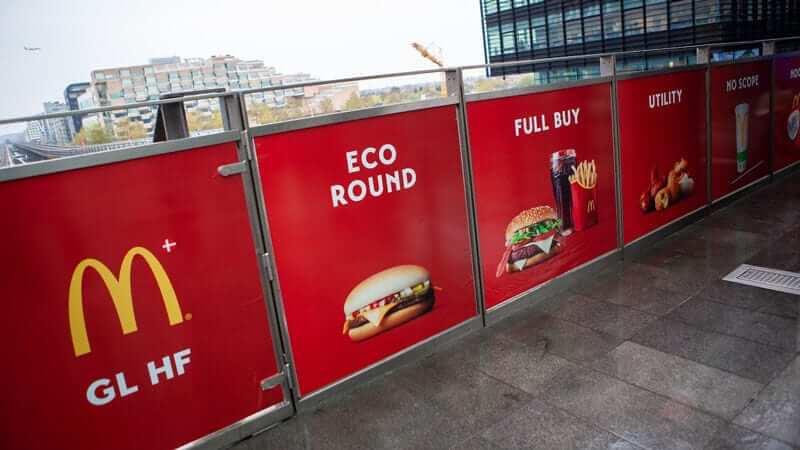
© McDonald’s
Prior to this, McDonalds made news when they became the first commercial partner of the StarCraft II World Championship tournament in Australia. This was especially noteworthy as it came just days after the fast food firm decided to stop sponsoring the Olympic Games. And whilst McDonalds has seemingly turned its back on traditional sporting sponsorship, they have found the resources to sponsor the Madden Bowl tournament in 2017, as well as the La Liga esports FIFA tournament in 2018.
Will this move help the German esports scene?
Whilst it’s easy to be fairly sceptical about large corporations buying into the competitive gaming phenomenon, there is little doubt that McDonalds’ sponsorship of ESL could significantly boost the German esports scene.
This is especially true as competitive gaming in Germany was recently dealt a harsh blow when one of the nation’s sports governing bodies declared that games like CSGO and LoL couldn’t be treated the same as traditional sports. The controversial decision has the power to limit the growth of German esports associations as it means that they won’t get access to special tax breaks, and so the influx of money from big brands like McDonalds is all the more necessary in order for German esports to compete with other nations.
Above all it’s the fact that a brand like McDonalds could switch from sponsoring hugely profitable German football to a relatively unknown phenomenon like competitive gaming that’s truly remarkable. Whilst it’s easy to focus on the brand’s novelty gaming-themed burgers, the move signifies just how important esports has become.
